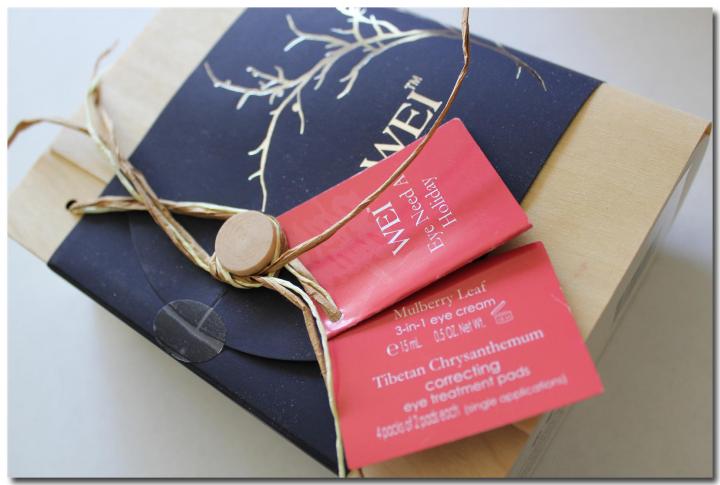

In the summer of 2013, US based cosmetic herbal skincare brand WEI Beauty celebrated the launch of its WEI and WEI to go in Sephora China. WEI East, also from WEI Beauty’s portfolio, has already entered China last year. WEI took advantage of the popularity of the American comedy 2 Broke Girls in China amongst its target audience, and invited the show’s lead actress Beth Behrs to join WEI Beauty’s founder Wei Brian at the launch event.
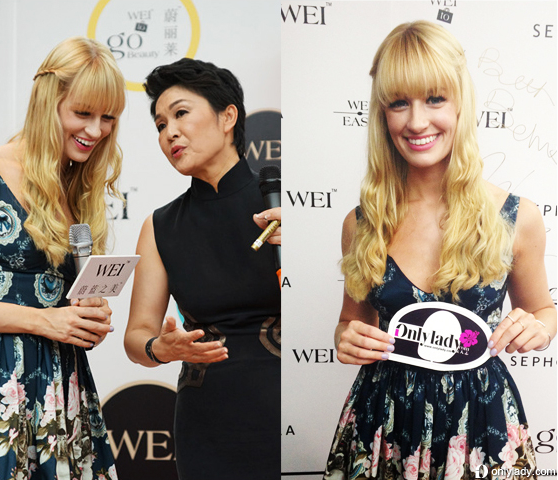
With distribution in over 11 countries worldwide, WEI Beauty has been growing steadily in popularity. The brand’s products regularly make headlines with Hollywood celebrities obsessing over their unique herbal remedies. For instance, Demi Moore once tweeted a picture of herself using one of WEI’s facial pads, praising its ability to give her an instant facelift.
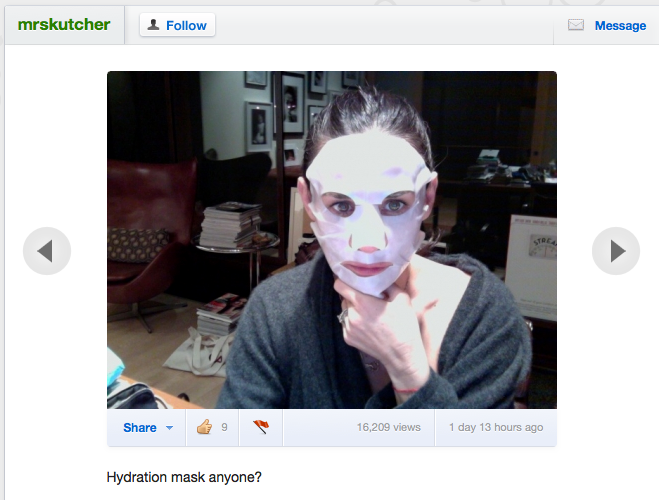
WEI Beauty’s success in foreign markets also relies heavily on brand differentiation. WEI Beauty has three brands in its portfolio: WEI, WEI East and WEI to go. Both WEI and WEI East appropriate the philosophy of Traditional Chinese Medicine (TCM) for skincare products with taglines highlighting “balance”, “healthy” or “Asian beauty secrets”; while WEI to go targets young professional women that are “on the go” featuring portable packs of routine skincare products. With the combination of the mysterious Chinese herbal treatment and celebrity endorsement, WEI Beauty’s marketing strategy proved to be a success in the west.

Yet in China, WEI is far from the first brand to leverage the traditional Chinese medicine, especially in the cosmetic industry. In fact, many Chinese cosmetics brands including Herborist, Inoherb, Herborn, and Arboreal as well as Asian brands such as Kose and Innisfree already adopt a similar positioning. Moreover, many international brands that are fully established in the Chinese market (such as L’Oreal and Shiseido) have developed in-depth localization strategies and are tapping into the herbal skincare market as well. Our research of High-end Cosmetic Trends in China discovered that Chinese consumers have a strong preference of cosmetic products made of natural ingredients. They “generally associate traditional Chinese medicine with quality, safety and efficiency in the long-run.” Therefore, it wouldn’t be a surprise to see the hottest skincare items in China are those of pharmaceutical cosmetic brands.
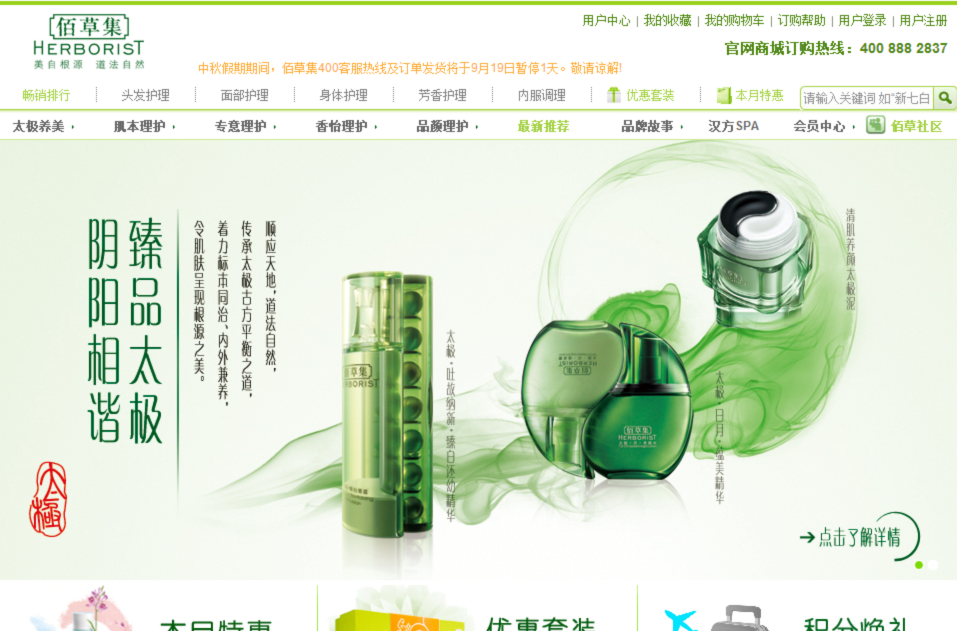
It is obvious that the competition is fierce. Being a new name and an American brand to the Chinese consumers, it would be a great challenge for WEI Beauty to establish a convincing image of expert of Chinese herbal treatments, despite the founder’s Chinese roots.
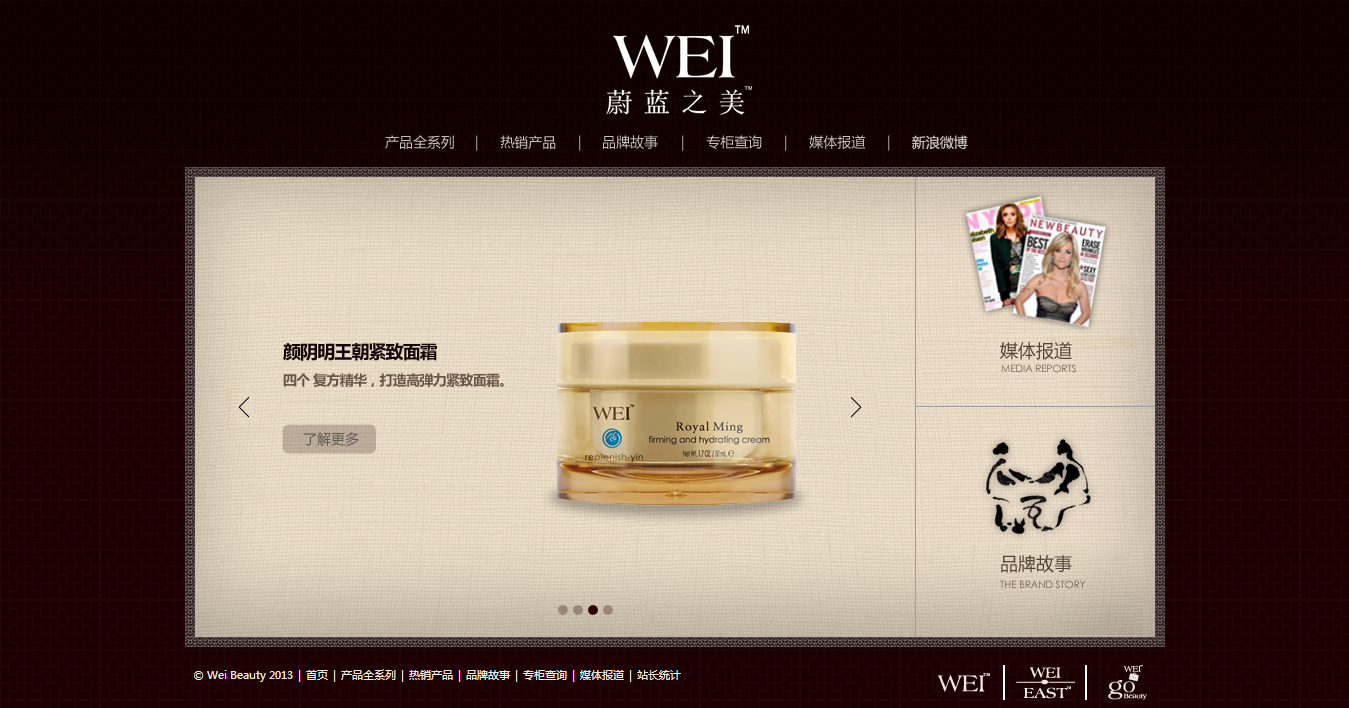
So what are some of the questions WEI should be looking at? To begin with, whether premium, sophisticated or stylish, the visual identities that WEI Beauty brands embody are always unique compared to its local competitors who often opt for a “green” palette. Chinese beauty brands in this category also price at a middle to low end range, which leaves space in the high end market for WEI to explore.
In order to gain success in the Chinese market, WEI Beauty may want to carefully evaluate its brand identity and competition to identify the differentiating factors that make itself important and relevant to Chinese audience, then fully leverage them in future brand actions. It was a good choice for WEI Beauty to partner with Sephora for its entry in China as a premium brand. Product packaging design and celebrity endorsement could be the key differentiating areas to build up brand stature in the Chinese market.
A Labbrand Group Company © 2005-2025 Labbrand All rights reserved
沪ICP备17001253号-3To improve your experience, we use cookies to provide social media features, offer you content that targets your particular interests, and analyse the performance of our advertising campaigns. By clicking on “Accept” you consent to all cookies. You also have the option to click “Reject” to limit the use of certain types of cookies. Please be aware that rejecting cookies may affect your website browsing experience and limit the use of some personalised features.